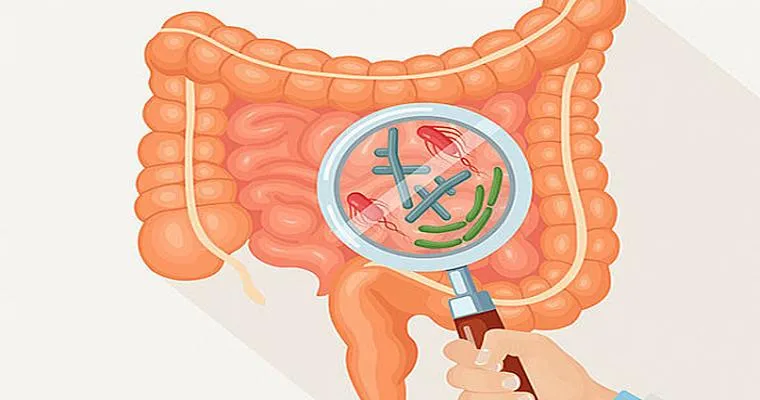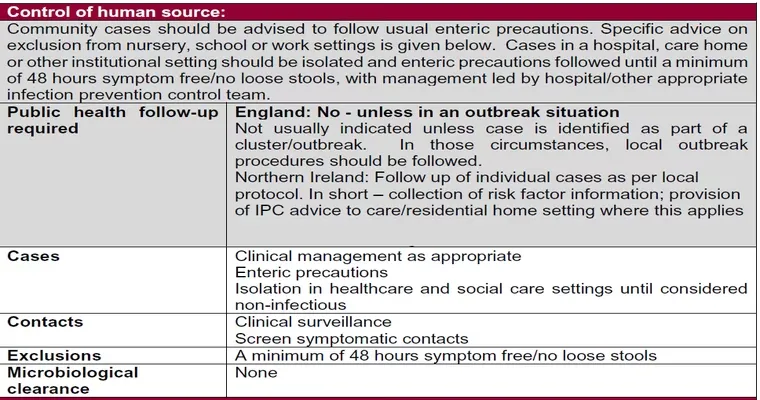The "dangers of C. diff", or Clostridium difficile, are serious and can lead to life-threatening complications, as my family learned the hard way. Last year, my "mother" faced a near-fatal battle with this infection, and now my "sister" has been diagnosed with it. This situation raises a difficult question: should we tell our mother about my sister's diagnosis? The emotional and psychological implications of this decision require careful consideration.
C. diff is a bacterium that causes inflammation of the colon, resulting in severe diarrhea, abdominal pain, and fever. In vulnerable individuals, it can lead to more severe complications like toxic megacolon or sepsis. Knowing that our mother had a close brush with death due to this infection makes the situation all the more sensitive.
When faced with the decision to inform our mother, several factors come into play. Firstly, it's crucial to consider her emotional state. After experiencing such a traumatic health scare, she may be more susceptible to anxiety regarding illnesses, especially those that have previously affected her. Telling her about my sister’s C. diff diagnosis could potentially trigger overwhelming fear or worry, impacting her mental health.
On the other hand, keeping this information from our mother could lead to feelings of betrayal or distrust if she eventually finds out. Transparency is essential within families, and she might appreciate being informed about the situation, especially if it could impact her health.
Another aspect to consider is the "risk of transmission". C. diff is highly contagious, particularly in settings like hospitals or nursing homes. If our mother is not aware of my sister's condition, she might unknowingly expose herself to the bacteria, compromising her health. It's important to weigh the risks of keeping this information private against the potential benefits of keeping her informed.
In this situation, open communication within the family is vital. Discussing the matter with my sister is the first step. How does she feel about our mother knowing? Does she understand the potential implications for our mom's mental and physical health? Having this dialogue can help us gauge the best course of action.
If we decide to inform our mother, it’s essential to approach the conversation with care. We can emphasize the importance of monitoring her health and maintaining good hygiene practices to prevent infections. Providing her with information about C. diff and its treatment options can empower her to take proactive steps in case symptoms arise.
Ultimately, the decision to tell our mother about my sister's C. diff diagnosis is not one to be taken lightly. It requires balancing the potential emotional impact on her with the practical implications of health risks. No matter the choice, maintaining family support and open lines of communication will be crucial as we navigate these challenging waters together.
In conclusion, the situation highlights the importance of understanding the "implications of C. diff" within families. Whether we choose to inform our mother or not, the focus should remain on supporting each other and prioritizing health and well-being. This can be a difficult journey, but with compassion and care, we can face it together as a family.





